Premium Only Content
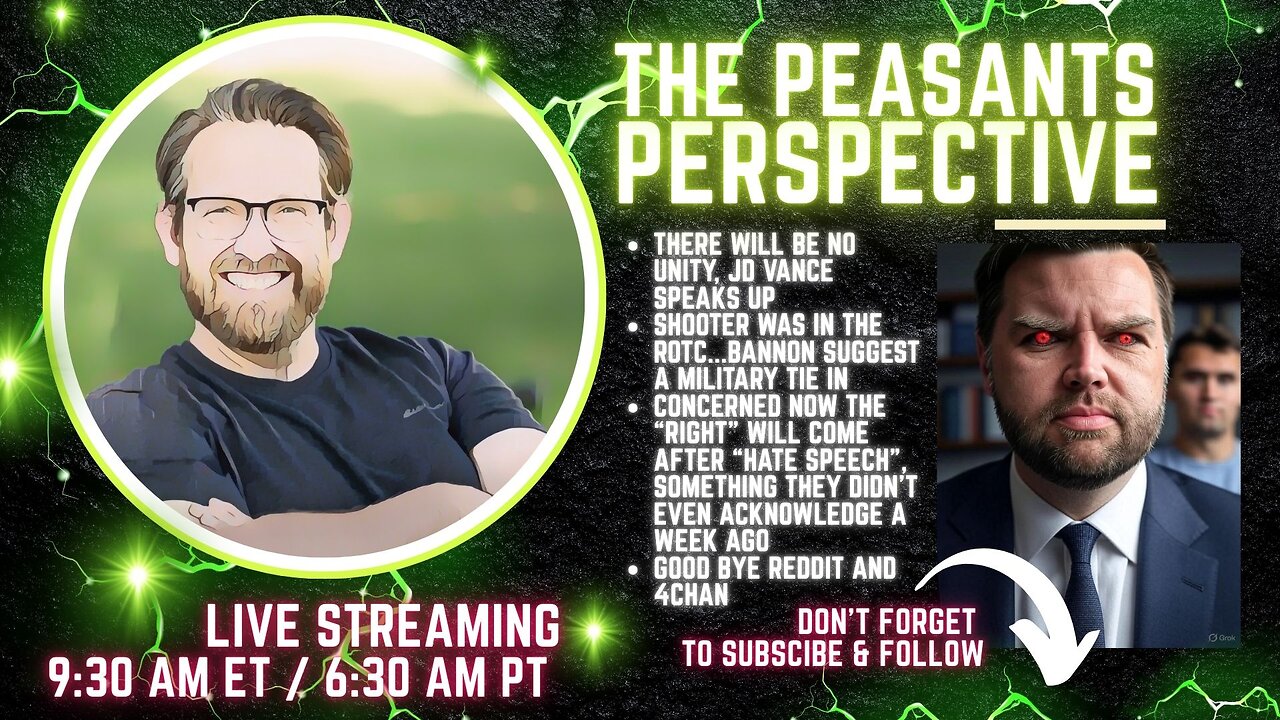
The Military Connection: Uncovering What They're Not Telling Us About Tyler Robinson
0:00 Introduction to the Peasants' Perspective
6:27 Robert Redford's Legacy and Little House on the Prairie
7:11 Prayer Not Pitchforks: Reaction to Charlie Kirk's Death
10:52 The Military Connection: Tyler Robinson's Background
20:59 False Narratives and Historical Precedents
36:46 Changing Political Climate: No More Unity
55:14 Hate Speech vs. Free Speech: New Republican Approach
1:08:24 The Left's Response to Conservative Pushback
1:22:56 Government Propaganda and Smith-Mundt Act Discussion
1:42:19 Monty Python Peasant Scene: Political Commentary
The tragic assassination of Charlie Kirk has become a watershed moment in American politics, fundamentally altering how conservatives respond to political violence. In this riveting episode, we dive deep into the shifting landscape of political discourse in the wake of this shocking event.
Open-source intelligence researcher George Webb presents compelling evidence suggesting that shooter Tyler Robinson wasn't merely a disturbed individual but potentially connected to military recruitment programs. Webb asserts that Robinson's reported background at Dixie Technical College was "a cover" and that his involvement with ROTC programs paints a far more complex picture than what mainstream media has presented. These revelations force us to question the official narrative and consider more troubling possibilities about organized political violence.
Matt Walsh's powerful statement, shared by Elon Musk himself, captures the new conservative mindset: "You will be given your own medicine, whether you like it or not, and you will not like it." This represents a seismic shift from previous conservative approaches to political conflict. Meanwhile, JD Vance, filling in for Charlie Kirk on his radio show, firmly rejects calls for unity: "There is no unity with people who scream at children over their parents' politics. There is no unity with someone who lies about what Charlie Kirk said in order to excuse his murder."
We also examine concerning developments in conservative rhetoric, with figures like Pam Bondi now embracing concepts they once rejected: "There's free speech, and then there's hate speech." This potential overreach mirrors past responses to national tragedies, raising questions about whether the cure might ultimately prove worse than the disease.
The assassination of Charlie Kirk represents more than just a tragedy—it marks a turning point where the traditional rules of political engagement have fundamentally changed. Join us as we navigate these uncharted waters and consider what this means for the future of American discourse. What kind of country will emerge from this pivotal moment? The answer affects us all, regardless of political affiliation.
Support the show
buymeacoffee.com/peasant
-
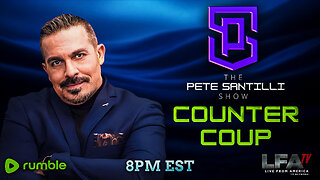 LIVE
LIVE
LFA TV
14 hours agoLFA TV ALL DAY STREAM - TUESDAY 9/16/25
821 watching -
 LIVE
LIVE
StevieTLIVE
2 hours agoWarzone Community Games to Start into Quads w/ The Fellas
89 watching -
 1:00:14
1:00:14
BonginoReport
4 hours agoSpeech Police Bondi Under Fire - Nightly Scroll w/ Hayley Caronia (Ep.135)
148K79 -
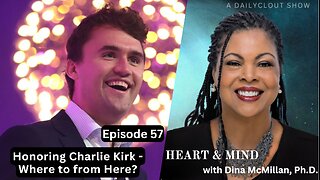 LIVE
LIVE
Heart & Mind with Dr. Dina McMillan
8 hours ago"Heart & Mind with Dr. Dina McMillan: Episode 57 - Honoring Charlie Kirk - Where to from Here?"
57 watching -
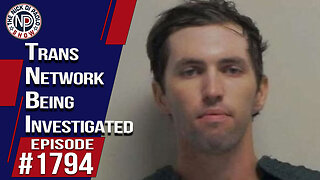 1:01:26
1:01:26
The Nick DiPaolo Show Channel
5 hours agoTrans Network Being Investigated | The Nick Di Paolo Show #1794
39.7K40 -
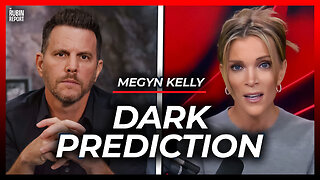 22:53
22:53
The Rubin Report
3 hours agoMegyn Kelly Visibly Shocks Dave Rubin with Her Dark Prediction for What Happens Next
47.5K73 -
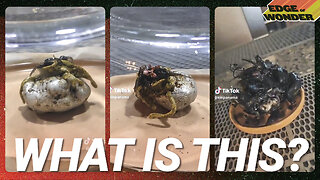 DVR
DVR
Edge of Wonder
3 hours agoAlien Creature With Tentacles Growing on Meteorite Claims Panama Man
7.93K -
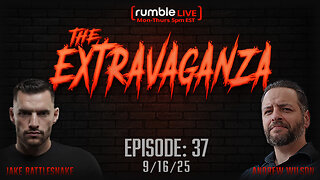 1:04:35
1:04:35
TheCrucible
4 hours agoThe Extravaganza! EP: 37 (9/16/25)
149K30 -
 1:08:14
1:08:14
Kim Iversen
5 hours agoKash Patel: 'There's NO EVIDENCE Epstein Trafficked Anyone' | Did Bill Ackman Threaten Charlie Kirk?
53.6K111 -
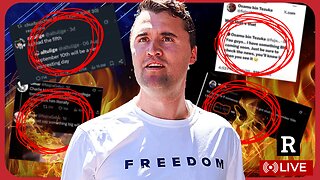 2:15:14
2:15:14
Redacted News
5 hours ago"They knew about Charlie Kirk's shooting BEFOREHAND" FBI in total "Kash" Out and Damage Control
148K329